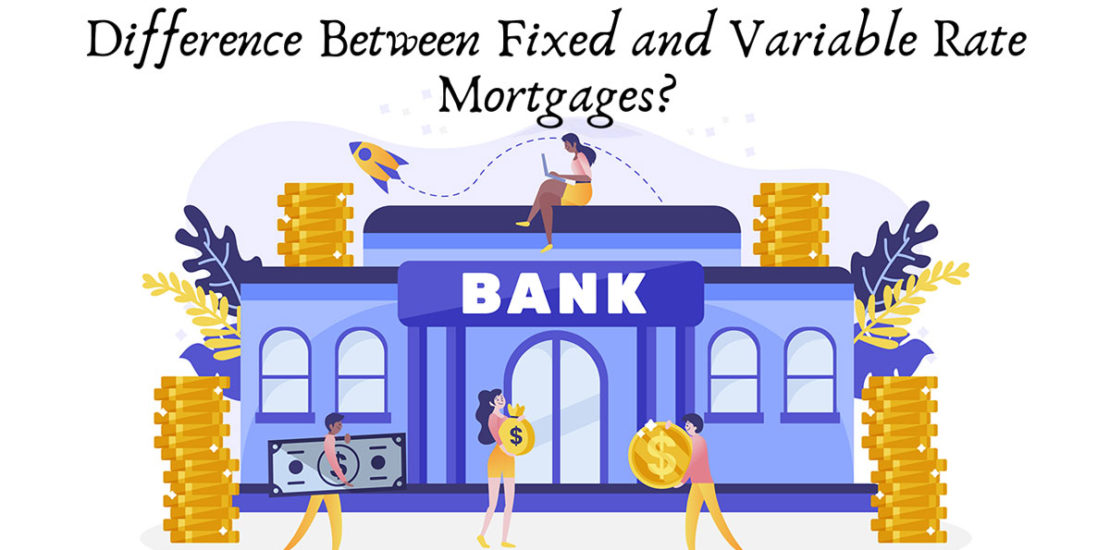- May 25, 2021
- Posted by: Sarbavoum Bidhar
- Categories: Financial Services, home loan repay, Mortgage Debt Management

The past few months have been the best time for those looking to refinance their mortgages. The UAE’s
Central Bank has taken a lot of measures to help banks deal with the economic shock from COVID-19.
This support has enabled banks in the UAE to offer attractive interest rates to borrowers. When looking
for a bank loan restructuring, a common question is whether to opt for a fixed rate or a variable rate
mortgage. In this article, we explain the difference between the two types of mortgage rates.
Fixed-Rate Mortgages
In a fixed-rate mortgage, the bank will charge the same rate of interest for a specified period. In the UAE, this period ranges from one to five years. An example of a fixed-rate mortgage is a 2.21% fixed-rate mortgage for 2 years. In this example, the bank will charge an interest rate of 2.21% for the first 2 years. Once the stipulated period ends, the interest rate moves to a reversion rate or a follow-on rate. Usually, the follow-on rate is higher than the rate originally offered.
An advantage of a fixed-rate mortgage is that the interest rate is constant, thus allowing households to plan their budget. It works particularly well for those looking for short-term mortgages as they do not have to pay the high follow-on rate for long.
Variable Rate Mortgages
In a variable rate mortgage, the interest rate charged by the bank changes regularly. Typically, the interest rate is linked to the EIBOR (the Emirates Interbank Offered Rate). In some cases, the rate could also be linked to an Internal Base Rate.
In a variable rate mortgage, the monthly payments could increase or decrease depending on changes in the benchmark rates. Unlike fixed-rate mortgages, borrowers do not have to deal with a steep hike in rates once the initial period ends. This feature makes variable-rate mortgages ideal for longer-term mortgages as the rates could increase or decrease steadily over the mortgage’s tenure.
The loan tenure is one factor that helps determine the choice between fixed and variable rate mortgages. There is also a difference between early settlement charges. Some fixed-rate mortgages come with high early settlement fees.
In a loan restructuring program, several other dynamics can help borrowers decide which type of rate is best suited for them.
Contact FREED for Assistance
When it comes to debt restructuring for individuals, borrowers face the risk of not fully understanding the options available to them. This makes them vulnerable, and often they end up getting a raw deal. Apart from the choice between fixed and variable rate mortgages, various other factors are involved in bank loan restructuring. Instead of dealing with the banks directly, borrowers can benefit if they involve professional negotiators.
FREED has facilitated hundreds of loan restructuring programs. This includes helping borrowers make the right choice between fixed and variable rate mortgages based on their unique situation.

